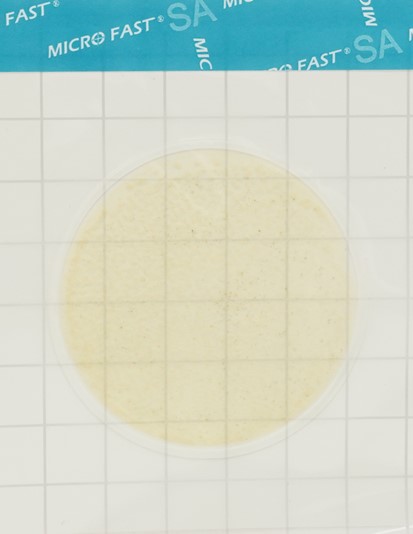Concern "Pokrovsky" can triple the supply of beet pulp to China

Kravchenko noted that the main requests of Hong Kong buyers relate to granulated beet pulp, as well as other niche products such as peas and winter wheat when phytosanitary restrictions are lifted. The concern's sugar factories produce 70 thousand tons of beet molasses and 80 thousand tons of granulated pulp, which are widely used in livestock farming and are in demand on the world market. The company already exports pulp and molasses to more than two dozen countries in the Middle East, Asia and Africa. It sent the first batch of granulated pulp to China at the beginning of 2022, and later increased supplies more than 10 times, to 4.5 thousand tons.
Leading expert of the Institute of Agricultural Market Studies (IKAR) Evgeny Ivanov said that export supplies of granulated beet pulp continue, they are of great importance for the beet sugar industry. Over the past two years, the geography of export of this product has changed significantly, the expert noted. As before, more than 80% of the beet pulp produced in Russia is exported and the EU and Britain remain the largest buyers. “But now mostly molasses pulp is sent there (the import of ordinary unmolasses pulp has been officially prohibited by EU sanctions since the summer of 2022), which was previously almost not exported. Market players are actively exploring all possible markets in Eurasia and Africa,” said Ivanov.
From October 1, the government introduced flexible export duties on a wide range of goods linked to the ruble exchange rate. Among agricultural crops, duties were introduced on grain legumes and niche crops, which were previously not subject to export duties. For example, for peas, beans, chickpeas, lentils, safflower, buckwheat, oats, millet, triticale. Soybean and rapeseed oils, as well as beet pulp, are also subject to duties.
According to ICAR, in the 2021/22 season, 1.5 million tons of granulated pulp were produced in Russia. In recent years, its exports accounted for 83-89% of total production, with EU countries (including the UK) accounting for 81-94% of supplies, with Turkey and China taking second and third places (5-15% in total). in other countries it was 1-5%, wrote field.rf with reference to ICAR data. Russia has traditionally exported ordinary unmolassed granulated pulp to the European Union, but due to sanctions, enterprises began to change tactics and produce molasses pulp, which was not banned , but is subject to an import duty of 12% in the EU. According to the Sugar.ru portal , about 80% of Russian molasses pulp is imported from the Netherlands and Latvia.



























































